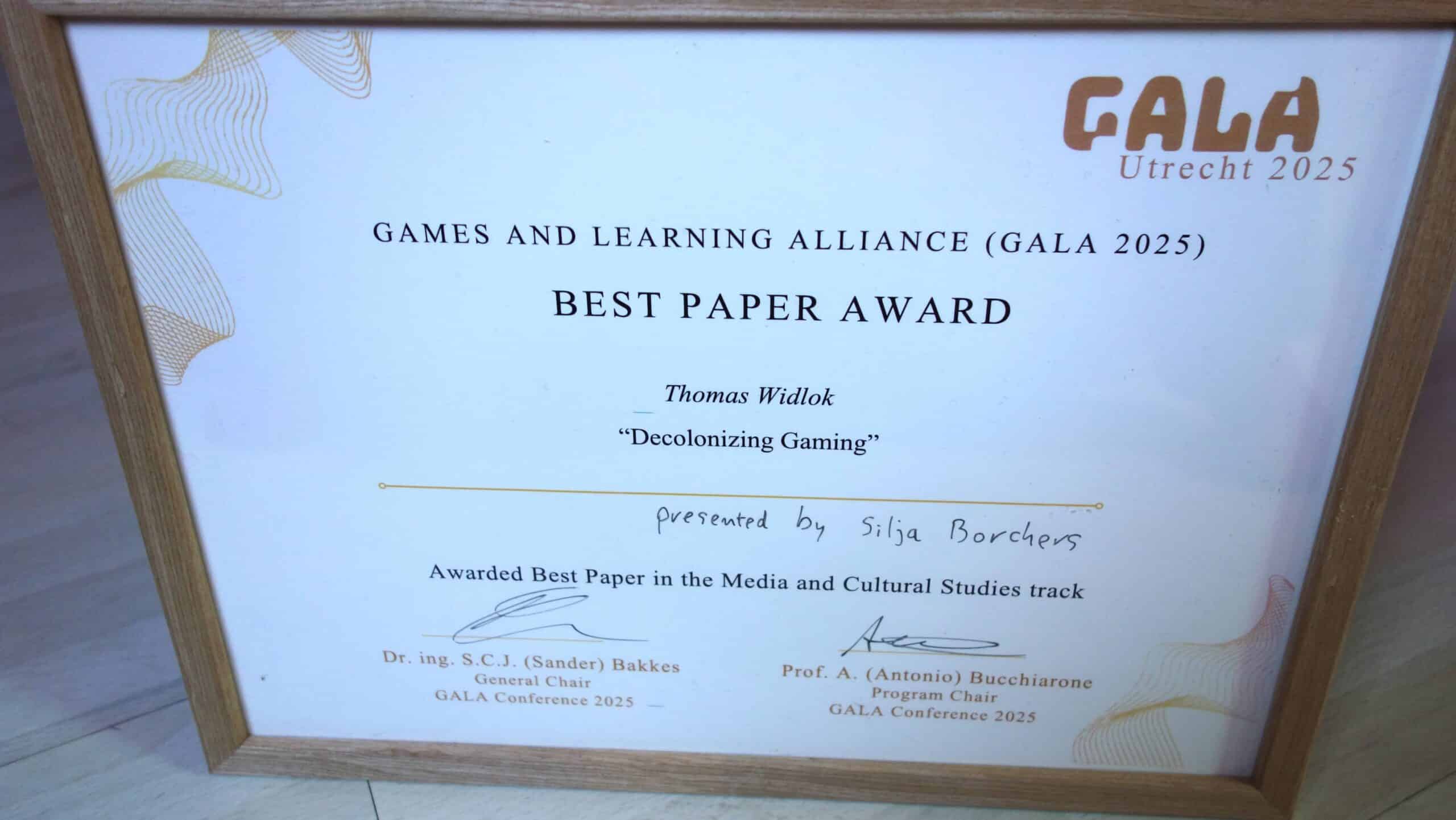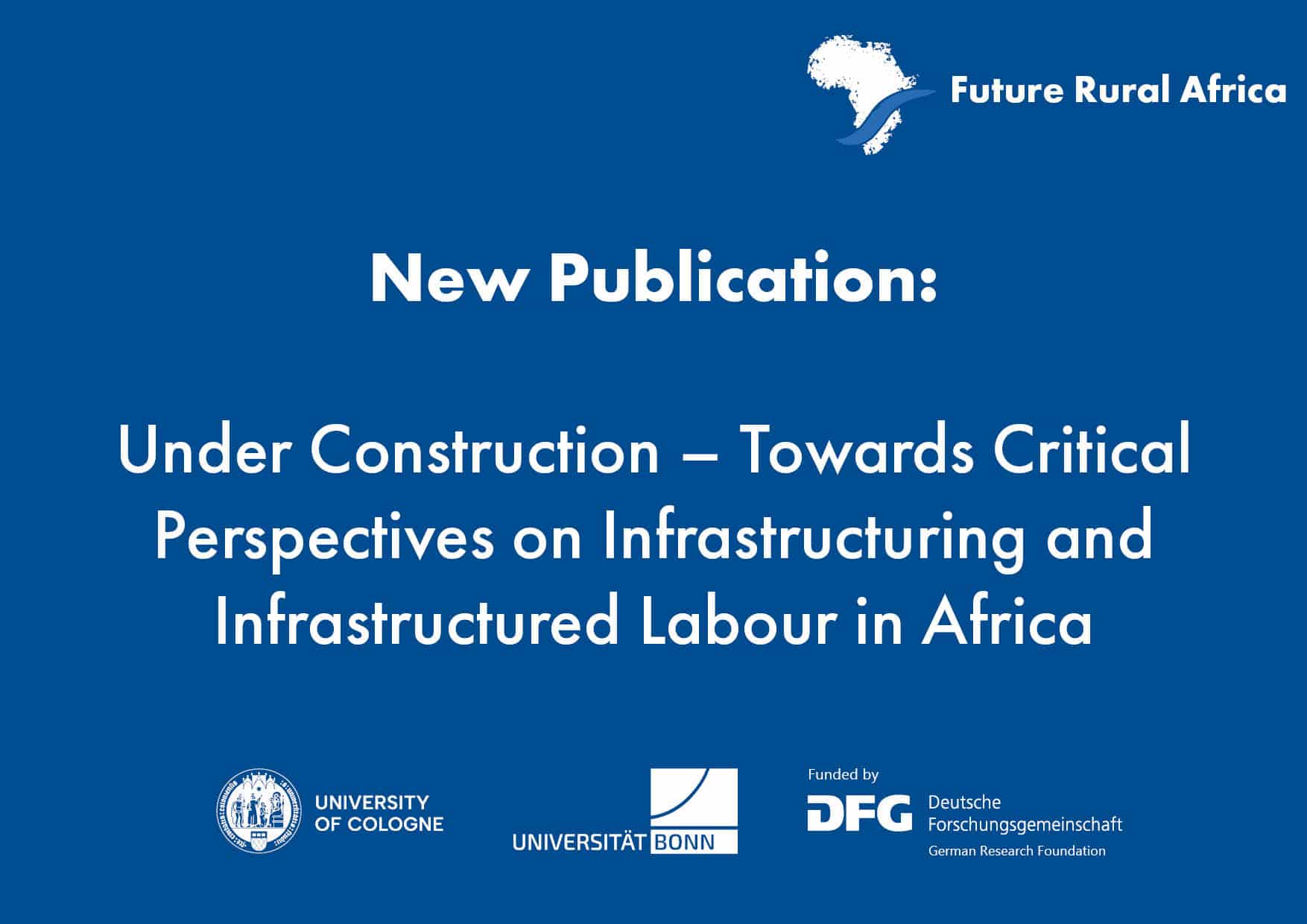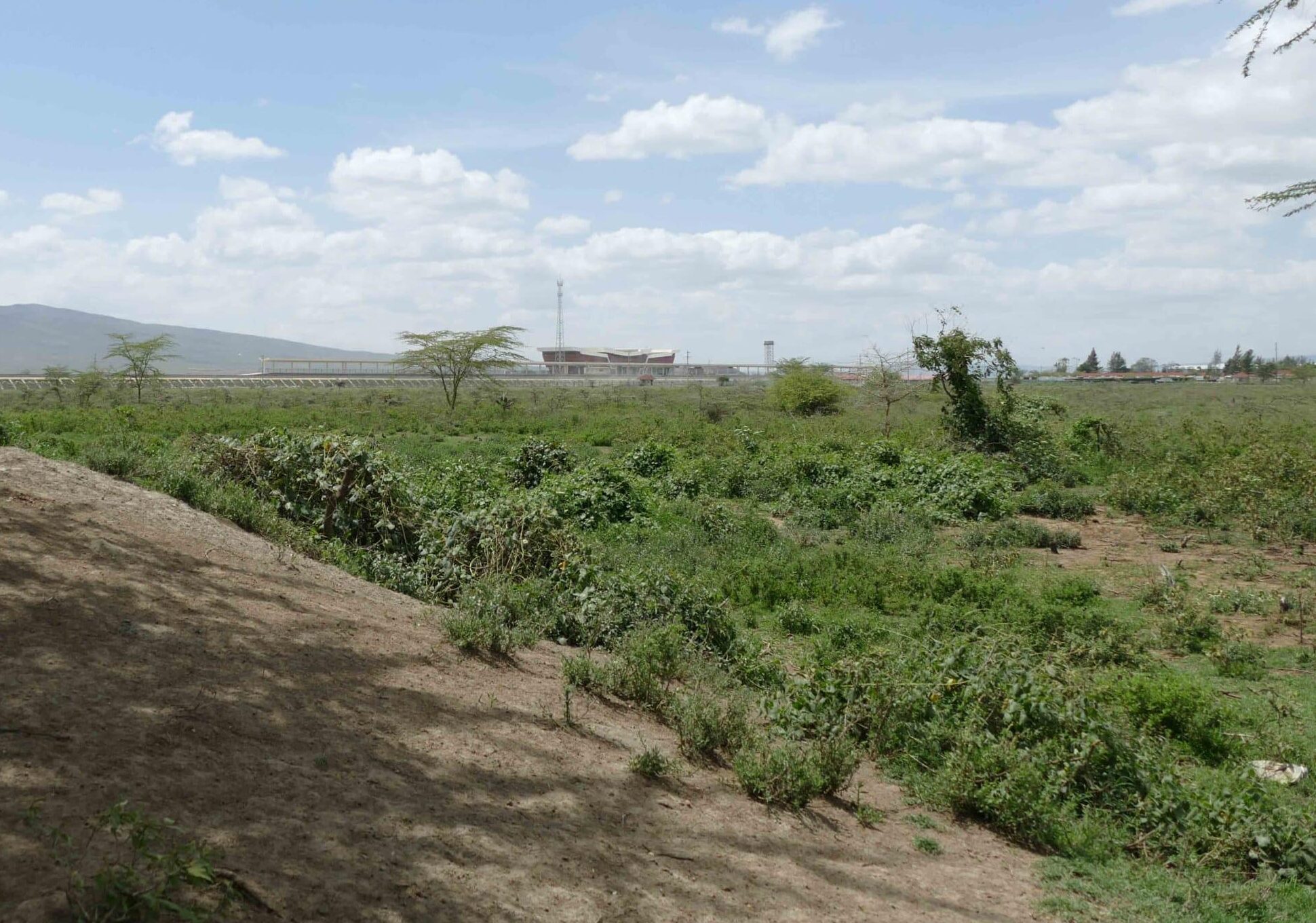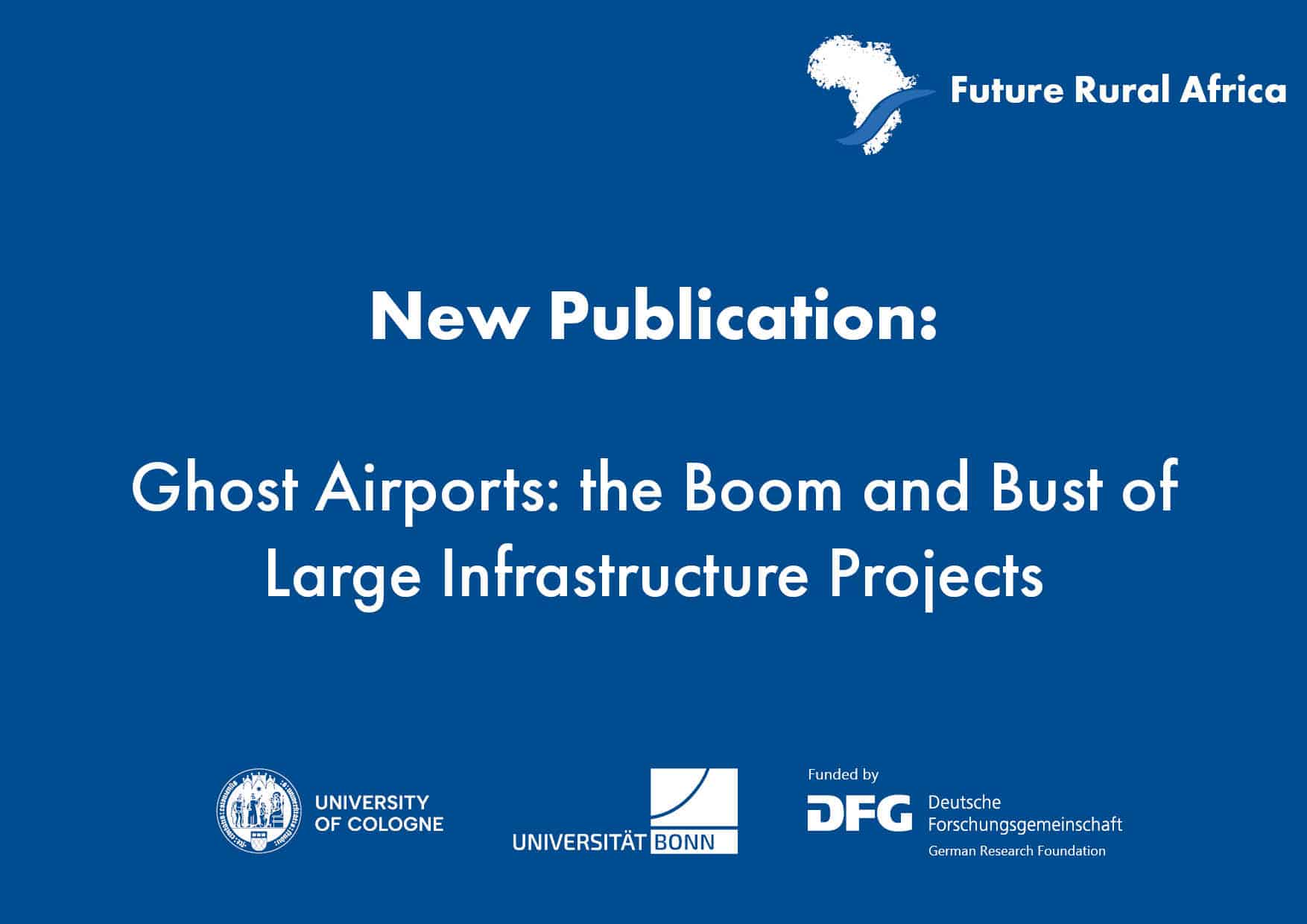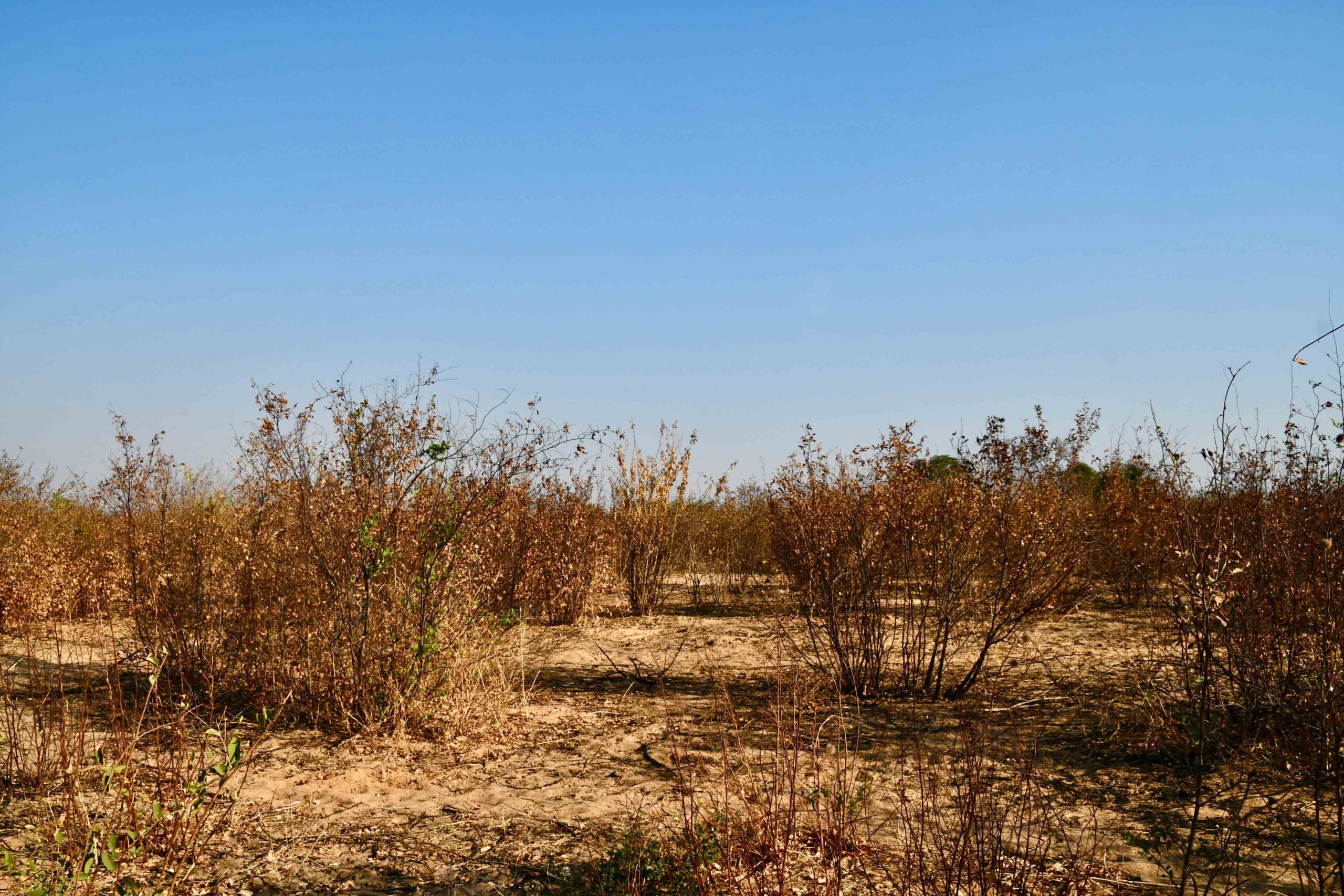Following the debates about Black Lives Matter raised questions on postcolonial continuities and racist structures within academic partnerships. This is especially relevant with regard to a possible second funding phase of CRC 228. Dr. Vanessa E. Thompson, a senior researcher from Europa University Viadrina Frankfurt, led the workshop under the title “Exiting the Comfort Zone and Entering the Contact Zone. Postcolonial Feminist Ethnographies between Self-Reflexivity and Anthropology of Postcolonial Power Relations“. Through various chapters, she introduced postcolonial feminist reflections on research practices. Vanessa Thompson’s input focused on the path that was not followed, i.e. which aspects in the research process were overlooked or silenced. She informed her reflections by the discussion about Women Writing Culture and Mary Louise Pratt’s concept of the “Contact Zone”. This zone is understood as every encounter in research in which asymmetrical positions of power meet and hierarchy is at play.
Vanessa Thompson´s input addressed the key concepts of feminist postcolonial research: Positionality, reflexivity, situatedness, and embodiment. In this sense, knowledge is always situated and bodies are not simply given. Therefore, a researcher´s own biography is central. In order to be aware of the conditions under which knowledge is produced, Thompson proposes the idea of biographic reflexivity which does more than a simple chapter of positionality in a research paper. Biographic reflexivity is a constant confrontation between one’s own biography and the object of research, where irritations during fieldwork are made transparent. These considerations are especially relevant in scientific North-South partnerships. Awareness of one´s own position cannot undo privilege, but it is a precondition for establishing horizontal and inclusive partnerships.
After this expansive input, participants discussed the scientific North-South partnerships within CRC 228 and identified a particular need for more reflection and exchange on structural inequalities. All participants of the workshop further conclude that the path to postcolonial research needs to take three critical steps, from start to finish: (1) development of research questions in collaboration with those affected by the results, (2) inclusion of local knowledge without being extractive and (3) redistribution and dissemination of knowledge. In order to disassemble racist structures, it is important to reflect and not to let the institutions distract you from your critical attitude. This requires stronger alliances.
Article by: Lea Carstens, Vera Hellwig and Maximilian Meyer


